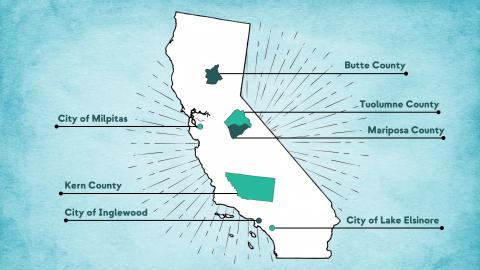Evidence for Policy: A Fellowship for Local Government Staff
A one-year program for teams from California cities and counties
The Stanford Impact Labs Evidence for Policy Fellowship is a one-year program designed to support the professional development and policy goals of career staff in up to ten local governments in California, as they bring data, evidence, and research to bear in the design and implementation of a policy priority to promote economic opportunity or social mobility in their communities.
Fellows receive professional training and technical assistance to support a concerted push on using evidence to drive this policy change in their communities. The fellowship will also build reciprocal relationships between local government practitioners and Stanford students, faculty, and staff.
Program Overview
The Evidence for Policy Fellowship is an ideal match for teams of up to two local government staff seeking to build their skills and capacity en route to leadership. Participants engage in cohort workshops, one-to-one support, and peer-learning opportunities to build the process, infrastructure, and evidence required to move policy priorities from idea to implementation.
During the fellowship year, participants work towards addressing a policy challenge or question related to economic opportunity or social mobility (a chosen priority might be a new policy or program; a new strategy; or a change in the allocation of resources).
Fellows develop frameworks for applying research in their contexts, solidify their approaches to using data and evidence, and create plans to identify and test solutions that address their policy priorities. As relevant, Stanford Impact Labs staff also broker conversations between Fellows, faculty, and graduate researchers who have expertise in economic opportunity or social mobility.
After the fellowship, alumni engage with Stanford Impact Labs on an as-needed basis as implementation of their projects continues.
What Does Success Mean?
We expect that the Fellowship will help support the use of evidence in local government, both by aligning research and resources with local government needs, and by enabling government staff to lead in the design, testing, and implementation of approaches to challenging social problems. We anticipate that Fellows will apply the skills learned during the award period to other policy challenges they may face. Finally, in the most successful cases, we expect to see local governments moving the needle to advance economic opportunity or social mobility.
Why Local Government?
Local governments play a central role in providing quality health services and public education, ensuring security, mitigating the effects of climate change, and spurring economic development. They can also be a key vehicle for identifying and testing solutions by developing best practices locally and sharing what works. When their programs and services are designed intentionally to be equitable, based in evidence, and responsive to community needs, they have the opportunity to be the first line of response to social problems, and improve the conditions of people’s lives.
Yet, local governments face challenges in marshaling sufficient financial and human resources to use research and evidence for impact. With academic insights behind paywalls, and support and technical assistance flowing to the same few major cities, smaller cities and counties are left to develop their own capacity as learning institutions. The time is ripe to build deliberate pathways to enable all local governments to design, implement, and test solutions to social problems.
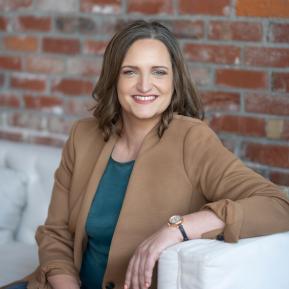
Director, Data and Digital Services and Chief Innovation Officer, MID-AMERICA REGIONAL COUNCIL
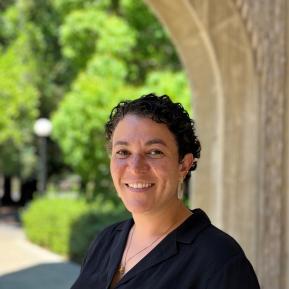
Director, Innovation and Partnerships
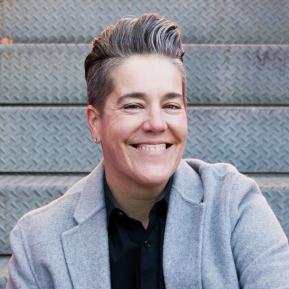
Founder, MWS Consulting
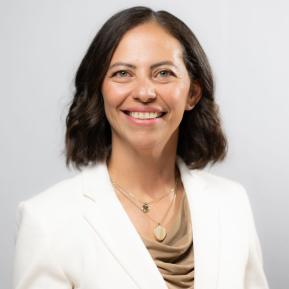
2025-2026 Evidence for Policy Fellow
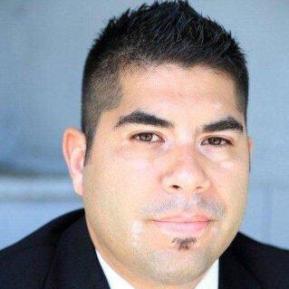
2025-2026 Evidence for Policy Fellow
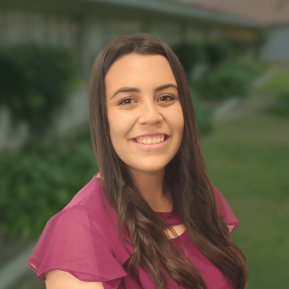
2025-2026 Evidence for Policy Fellow
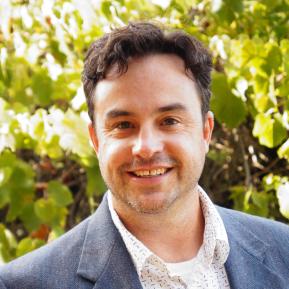
2025-2026 Evidence for Policy Fellow
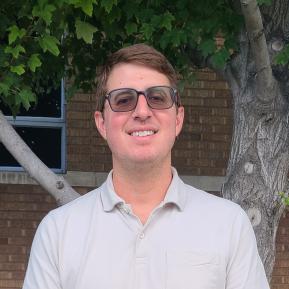
2025-2026 Evidence for Policy Fellow

2025-2026 Evidence for Policy Fellow
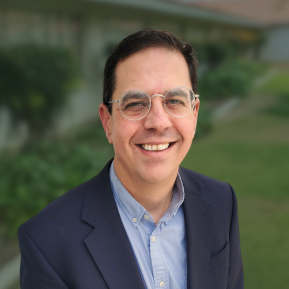
2025-2026 Evidence for Policy Fellow
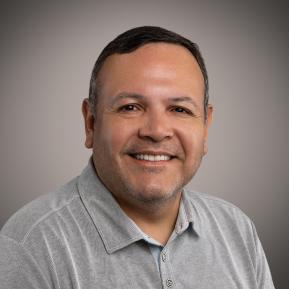
2025-2026 Evidence for Policy Fellow

2025-2026 Evidence for Policy Fellow

2025-2026 Evidence for Policy Fellow

2025-2026 Evidence for Policy Fellow
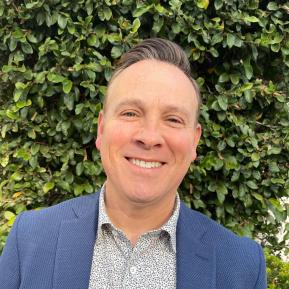
2023-2024 Evidence for Policy Fellow
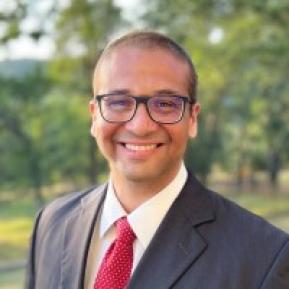
2023-2024 Evidence for Policy Fellow

2023-2024 Evidence for Policy Fellow
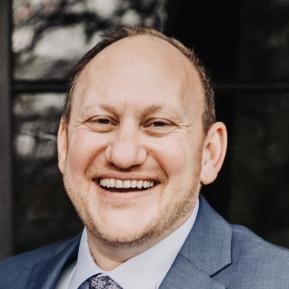
2023-2024 Evidence for Policy Fellow

2023-2024 Evidence for Policy Fellow

2023-2024 Evidence for Policy Fellow


